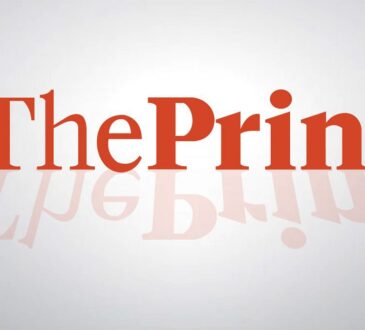
Up front, I’m strongly of the view that “crypto” or “private money” will soon enough replace the dollar, euro, yuan, pound, Swiss franc, and any other widely circulated exchange mediums. It’s all in my 2022 book, The Money Confusion: How Illiteracy About Currencies and Inflation Sets the Stage for the Crypto Revolution. I believe this will happen simply because no one buys, sells, borrows or lends money. In reality, all monetary transactions are exchanges of goods, services and labor for goods, services, and labor.
This being the case, it’s only logical that private money would replace government money given the historical tendency for governments to devalue their currencies. Devaluation robs individuals of all stripes of the fruits of their work by shrinking the amount of goods, services and labor that money can be exchanged for.
At present, the dollar is the world’s currency with it at least on one side of something like 90% of global transactions. The dollar liquefies global exchange because those who bring market goods for sale expect the dollar they exchange those goods for to command roughly equal resources in the marketplace.
Yet as Jason Les and Brian Morgenstern argue in a column published today at RealClearMarkets, “the U.S. dollar is an inflationary asset.” Their explicit point is that the dollar has historically declined in value. Measured in gold, they’re quite correct. While a dollar purchased 1/35th of a gold ounce in 1971, in 2024 a dollar purchases roughly 1/2050th of a gold ounce. Though trusted globally as the referee in the vast majority of transactions, the dollar has very real demerits.
The problem is that Bitcoin in no way improves on the dollar’s demerits. If anything, it’s quite a bit more turbulent. My source? Les and Morgenstern’s essay. They contend that “a dollar today is worth about 30 percent less than it was ten years ago. By contrast, a single Bitcoin is worth 5,000 percent more today than it was ten years ago.” Which is one reason why Bitcoin is the opposite of money.
In reality, money is quiet. Or should be. Good money is never talked about, nor are returns written about with glee. To see why, imagine asking me to come remodel the master bathroom at your house, only for me to ask for payment in Bitcoin. From there, I’ll ask for one coin up front, one in six months, and one at completion in a year. If the coin’s volatility and direction in 2024 mirrors its direction in 2023, you the buyer of my services will be hit excessively hard. Think about it. While the market price of Bitcoin at the moment is $42,000, six months ago it was $30,000, and one year ago it was $21,000.
To say that there are risks associated with Bitcoin-refereed transactions is quite the understatement. Les and Morgenstern explain why. In their words, “Bitcoin’s deflationary properties make it an effective long-term savings instrument.” Ok, but what recommends a “currency” as an asset doesn’t recommend that same currency as money. See above. At the same time, and as evidenced by Bitcoin’s price at the time of this write-up, the value of it is in no way an up, up, up concept.
Les and Morgenstern contend that Bitcoin is digital gold, except that it isn’t. The simple truth about gold is that the yellow metal itself doesn’t move. Thanks to highly unique stock and flow qualities, gold is constant as a measure. That’s why markets happened on it as the definer of money par excellence over thousands of years. When gold moves in price, that’s the value of the dollar, euro, pound, yuan, or Swiss franc in which it’s being measured moving, not the metal itself.
All of which brings us to what is arguably Bitcoin’s biggest demerit: its circulation is finite. In the words of Les and Morgenstern, “21 million. That’s how many Bitcoin will ever exist. Ever. Period. End of story.” Well yes, but that’s the problem. There’s never too much good money simply because there can never be too much production, and the sole use of money is as a facilitator of the exchange of the fruits of production.
Circulation of good, trusted money is limitless yet there are strict limits to Bitcoin. That’s why it can never be money. End of story.

